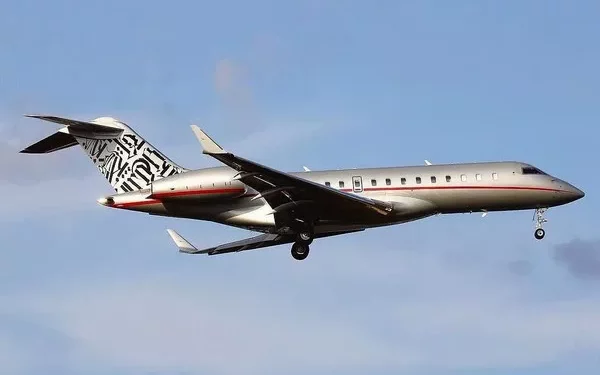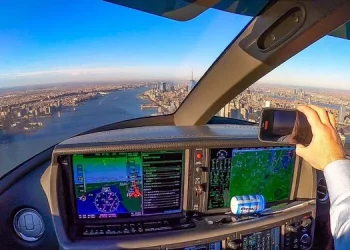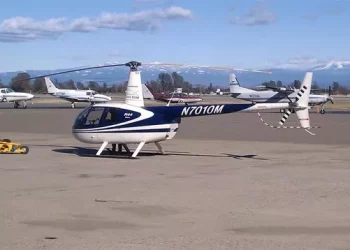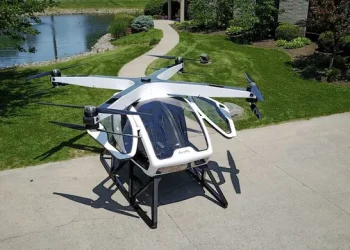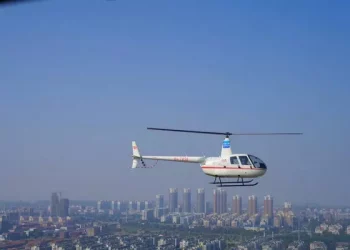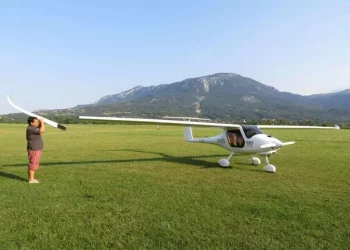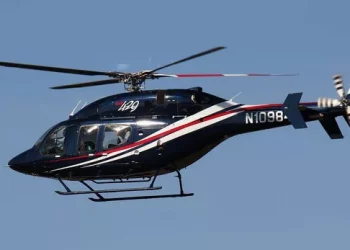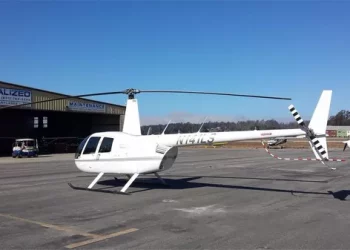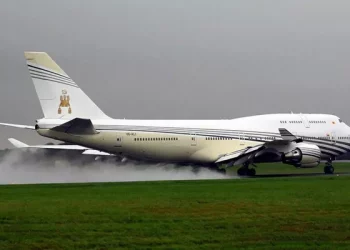When you want to buy a private jet, it’s not worth it to have too much experience.
Let’s take a look at some of the mistakes you should avoid when buying.
Building the right aviation team will undoubtedly require some cost and initial effort.
But most buyers quickly realize that buying a plane is not like buying a car, real estate or other asset.
Instead, buying or leasing aircraft is complex and requires the assistance of aviation experts who are skilled in the subject matter and seamlessly interact with a predetermined clearance schedule.
Tax-intensive, cross-border and novel sourcing may require expertise beyond the core team members described below.
While there are undoubtedly benefits to owning or leasing an entire jet, especially during a pandemic, potential buyers should first rule out other viable private flight options, such as chartering or purchasing a small portion of the aircraft.
Thereafter, the purchaser should concentrate on the aircraft/user “mission” before deciding which new or used aircraft to buy or lease.
Typically, the term “mission” is aviation parlance for the purchaser’s effort to identify the aircraft that will serve all or at least most of the personal travel envisioned by the purchaser.
When completed, the mission profile informs the purchaser and his broker to search today’s active market, which includes a large number of jets and models for sale.
Private jets have attracted interest from tax authorities at the federal, state and local levels.
Where possible, before signing a letter of Intent to Purchase (LOI), purchasers should use accountants and attorneys to develop tax reduction strategies and structures in accordance with federal tax laws, including the use of bonus depreciation and other business deductions, state sales/use tax laws, and local property laws.
Solid plans may be slower than buyers expect, but they can wreak tax and financial havoc if they don’t.
The purchaser should identify the person or entity (usually a limited liability company) who will own the aircraft and then arrange the operation of the aircraft according to the FAR.
Owners who violate FAR request FAA review and are sometimes subject to mandatory lawsuits from the FAA or the U.S. Department of Justice, which can easily lead to costly attorney fees for the owners.
One of the most common problems is illegal boat chartering, which takes many forms.
A Chang violation occurs when a Section 91 operator leases an aircraft to many unrelated passengers, which is in fact a false charter operation.
Another violation usually occurs when a limited liability company without a commercial enterprise operates an aircraft it owns or leases.
The US Federal Aviation Administration (FAA) considers these flight operations to be the creation of illegal “flight sector companies”.
If the structure is incorrect, neither the lease nor the LLC operator (purported) has the mandatory FAA certification as a commercial operator under FAR.
Sometimes prospective buyers bypass independent inspections when purchasing new or used aircraft, but this oversight leads to accidents or disputes without proper legal remedies.
Buyers usually arrange for an inspection of the plane’s appearance and review its records.
If all goes well, the agreed maintenance facility will perform the pre-purchase inspection, in-depth aircraft inspection and send the inspection report to both parties.
The report identifies discrepancies that sellers typically fix before buyers accept or reject the aircraft and close the purchase.
Ignoring this step would be unwise at best.
Caution – Finding the facility and completing the inspection may exceed the closing schedule.
Aircraft management companies hold the lives of owners and passengers in their hands.
These companies vary widely in size, experience and services.
Due diligence on at least two companies covering safety, service, transparency, integrity, price and FAA status is critical.
Making choices based solely on the lowest cost or recommendation may unnecessarily increase personal, asset, and operational risk.
Even if the purchaser intends to pay cash for an aircraft, it is still worth inquiring about leasing or borrowing to finance the purchase of the aircraft before signing a purchase agreement.
Most buyers earn far more from their investments or businesses than current low interest rates.
It is ideal to end the lease or loan on the purchase date, but either type of financing can be done at a later date.
Using a non-aviation lender or lessor is feasible, but may result in higher transaction fees, slower negotiations, and suboptimal terms.
The latest market dynamics at any time to see, please pay attention to.

